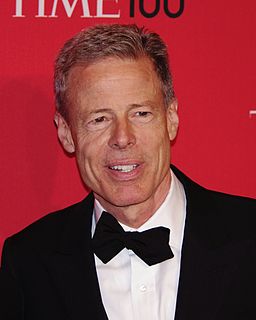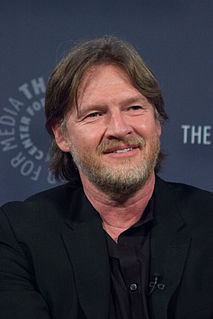A Quote by Jon M. Chu
It's weird because movie-making, and especially movie theaters, have always been so old-school, and it wasn't until 3-D that a lot of them were forced to have digital projectors and even digital distribution.
Related Quotes
There's been a bit of confusion about Showscan. The basic problem was, it was film and it was 70 mm and it was a lot of it, so the negative cost was very high, the print costs were very high, and it also required conversion of the projectors and theaters and a lot of costs. I just couldn't get any traction in the theatrical movie industry to do it.
There's something very satisfying about old cameras because they're ingenious. I mean when you take them apart and actually see, 'Oh, this is how we make photographs,' it's an ingenious thing, but it feels like it's in a way a layman can appreciate, whereas a digital camera, I don't even begin to know what goes into making a digital camera.
Restoration is to some extent part of the digital age. These days, if you re-issue a movie in theaters or on Blu-ray, it has to be in high-quality condition: You have to restore. We plan a Paris cinema theater dedicated totally to classics. If we think there's an audience, we will release classics in theaters. People will discover that it's worth going to the cinema to see great movies of the past in perfect condition. I believe a lot in that.
People over the age of thirty were born before the digital revolution really started. We've learned to use digital technology-laptops, cameras, personal digital assistants, the Internet-as adults, and it has been something like learning a foreign language. Most of us are okay, and some are even expert. We do e-mails and PowerPoint, surf the Internet, and feel we're at the cutting edge. But compared to most people under thirty and certainly under twenty, we are fumbling amateurs. People of that age were born after the digital revolution began. They learned to speak digital as a mother tongue.
What happened with Final Destination was that the movie was in post-production for a long time and I think they changed a lot of the deaths, so a lot of those things were last-minute additions. Everything we shot is in the movie and it's all been designed. We didn't change anything. It's been a year of making those things happen, exactly as we had pictured them.
My hope is that digital technology will level things out more and that it will eventually eliminate favoritism. But technology cannot do it alone. The audience has to become more discriminating as well and not buy into every big tentpole movie because they have been brainwashed into thinking that's the movie to see.





































